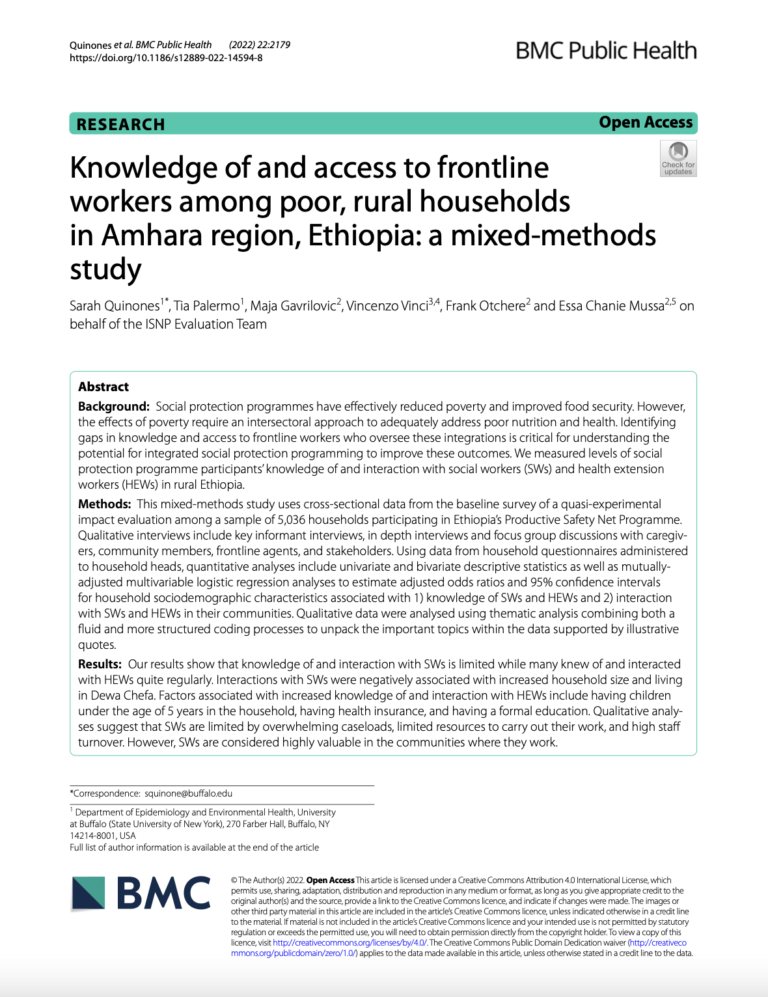COVID-19 crisis Through a Migration Lens
COVID-19 resourcesPublicationsThe latest Migration and Development Brief provides a prognosis of how the ongoing COVID-19 pandemic might affect global trends in international economic migration and remittances in 2020 and 2021. The economic crisis induced by COVID...Read More

